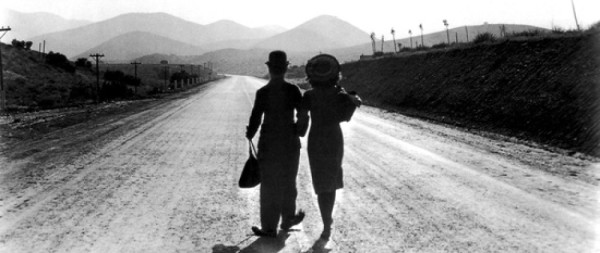The Roman Spring of Mrs. Stone
Directed by José Quintero
Written by Gavin Lambert and Jan Read from a novel by Tennessee Williams
1961/USA
Louis de Rochemont Associates
First viewing/Netflix rental
[box] Paolo di Leo: Rome is a very old city. Three-thousand years. How old are you? Fifty?[/box]
Well, the scenery is gorgeous and we get a great scene-stealing performance by Lotte Lenya.
Stage actress Karen Stone (Vivien Leigh) is not making a big hit as Rosalind in a new production of Shakespeare’s As You Like It. She still has the acting chops but is simply too old to play ingenues. Karen abandons the play and decides she needs a real vacation. Her doting much-older husband accompanies heron the plane trip to Rome. He dies of a heart attack over the Atlantic. Karen installs herself in a posh apartment and “drifts”, a lost and lonely soul.
Contessa Magda Terribili-Gonzales (Lenya and what a great character name!) is in the business of arranging meetings between beautiful young italian men and wealthy ladies too old to be able to attract them independently. In exchange, she demands 50% of whatever her protege earns from the affair. She is trying this ploy with a gorgeous young Italian named Paolo di Lio (Warren Beatty) and Mrs. Stone. It takes an inordinate amount of time for him to get next to her but once he does she falls in love and begins throwing caution to the wind. Tragedy seems inevitable.
My biggest problem with this film was the performance of Warren Beatty. His character is not supposed to be likable but he takes that to the next level with an arrogance that completely turned me off. I did’t find him believably Italian either.
When Lenya took the screen I was mesmerized. Her character has so many layers of humor, cynicism, and hatred of the human race that she sucks all the energy out of the rest of the room. This is no mean feat when you are working with Vivian Leigh, who is also fine.
Lotte Lenya was nominated for an Oscar for Best Supporting Actress.
Trailer



